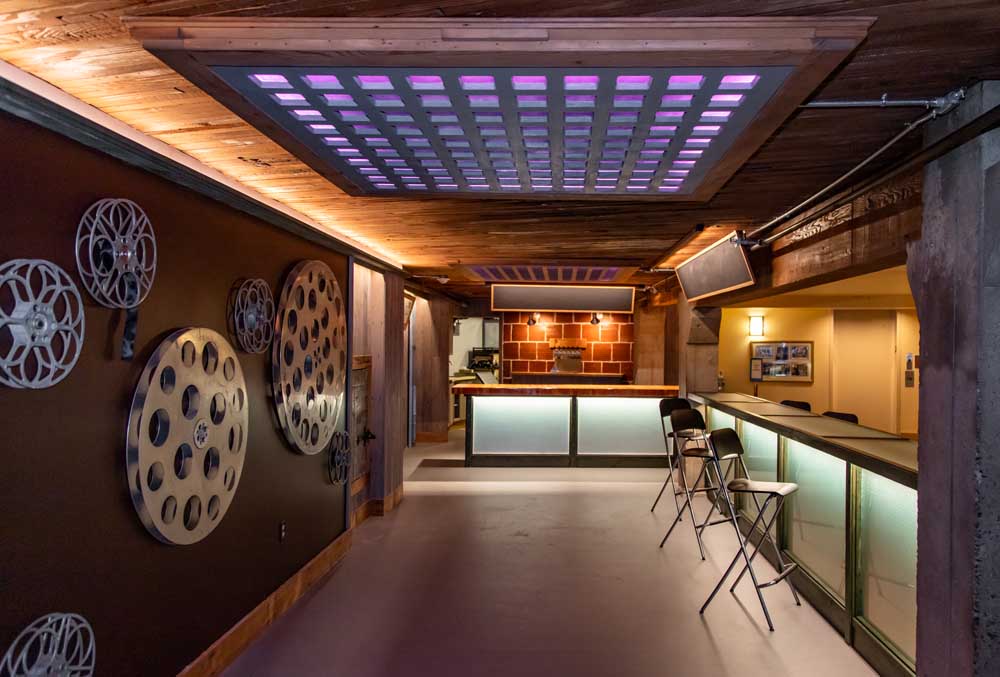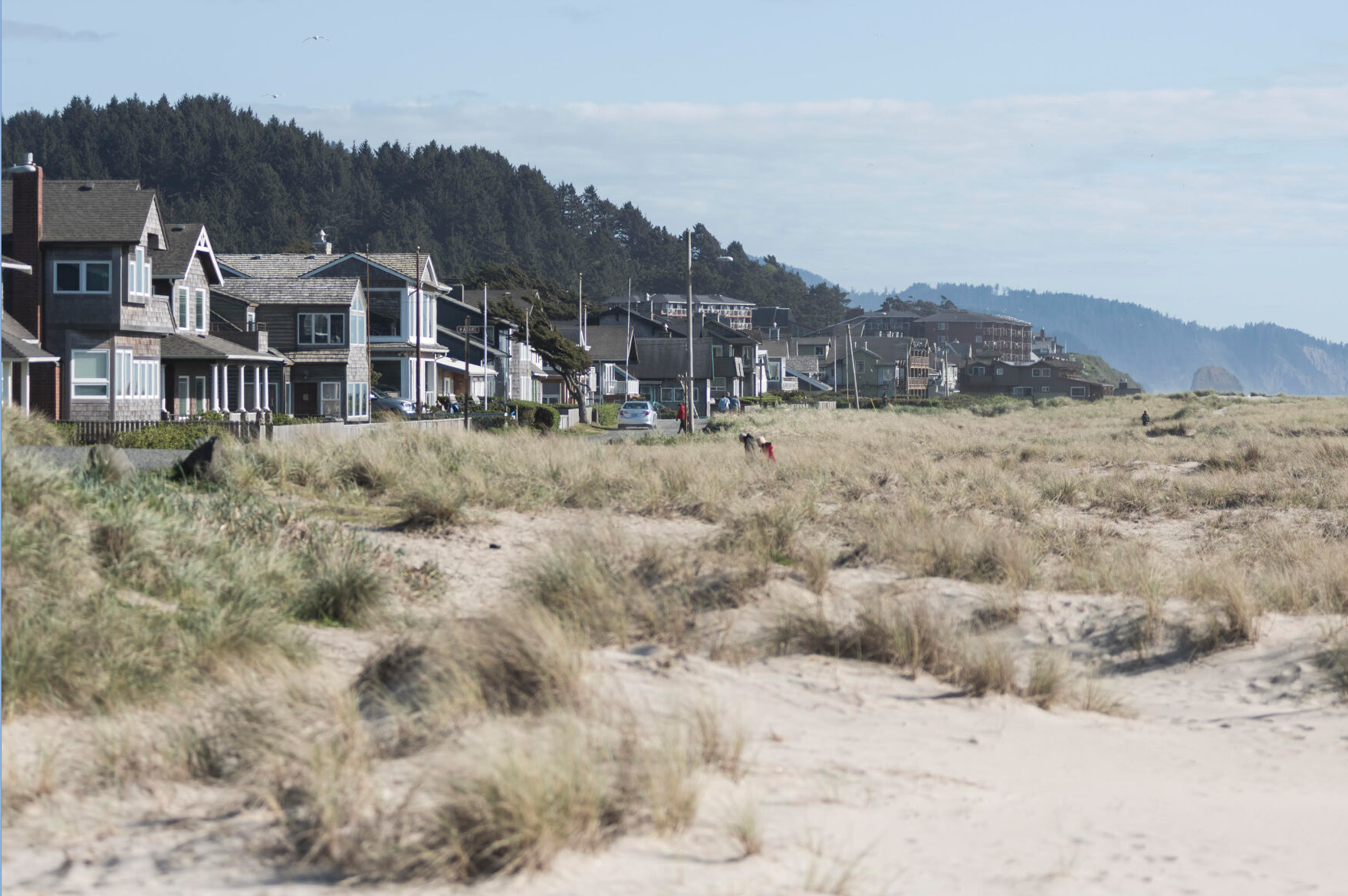Our View: Keep our nonprofits in mind
Published 12:30 am Thursday, January 28, 2021

- The renovated concession stand at the Liberty Theatre.
Life in Clatsop County is enriched by a large number of nonprofit organizations. Their impacts range across a wide spectrum, including health and human welfare, the performing arts, history, historic preservation and youth athletics.
Trending
The coronavirus pandemic has been especially hard on nonprofits that rely on donor bases that have been diminished along with the economy. There is a misconception that a nonprofit doesn’t have to make a profit. Technically, that is true, but these organizations must have positive cash flows.
The Astorian’s Jan. 7 article about Jennifer Crockett’s decision to leave her position as executive director of the Liberty Theatre makes a point about survival during the pandemic.
As performing arts organizations became endangered, Crockett did two important things. She maintained the Liberty’s relevance by keeping the theater visible. And she engineered a new umbrella organization for assisting all county arts organizations.
Trending
“I feel strongly that I’ve gotten the theater to a place where it can be handed off,” Crockett said of her departure. “We’ve built community partnerships and we’ve made people really like the theater again and I think the next person can take it to a higher level.”
Even the larger nonprofit organizations, such as the Columbia River Maritime Museum, have felt the decline in visitor attendance. Ditto for the Clatsop County Historical Society, the custodian of the Flavel House Museum and the very popular Oregon Film Museum.
In the middle of a crisis, it can be difficult to talk about the role of culture and the arts in our lives.
When business owners are struggling to stay open and people have lost their jobs, the immediate priorities are ensuring that the most vulnerable among us do not lose their access to food, shelter, health care and social services.
But studies have shown that the arts have a multimillion-dollar annual economic impact to our county. Our region’s transformation over the past few decades into a popular visitor destination was influenced by a cultural rebirth.
The arts play a valuable part in preserving our mental health. Our theaters, museums and history centers are sources of civic pride. Imagine what the North Coast would be without them.
Last spring, Congress wisely set aside $75 million in the first coronavirus relief package for the National Endowment for the Arts. The $900 billion stimulus package approved in December included $15 billion to help sustain independent performance venues via the Save Our Stages Act. Dayna Frank, the owner of First Avenue, a Minneapolis club that played host to Prince and The Replacements, helped lead the grassroots drive for the federal money.
“We had everyone from Pitbull to Lady Gaga to Dayna to the owner of the Fargo Theatre pitching in on this,” U.S. Sen. Amy Klobuchar, a Minnesota Democrat who co-authored the act with U.S. Sen. John Cornyn, a Texas Republican, told the Star Tribune. “It had to be a grassroots effort. There wasn’t enough time to have it be more formalized.”
We believe the federal and state governments should keep culture and the arts in mind in any future virus relief.
Just as we must support local, home-owned retail enterprises, our local nonprofits desperately need our financial assistance during this challenging period.
Consider them in the year ahead.









